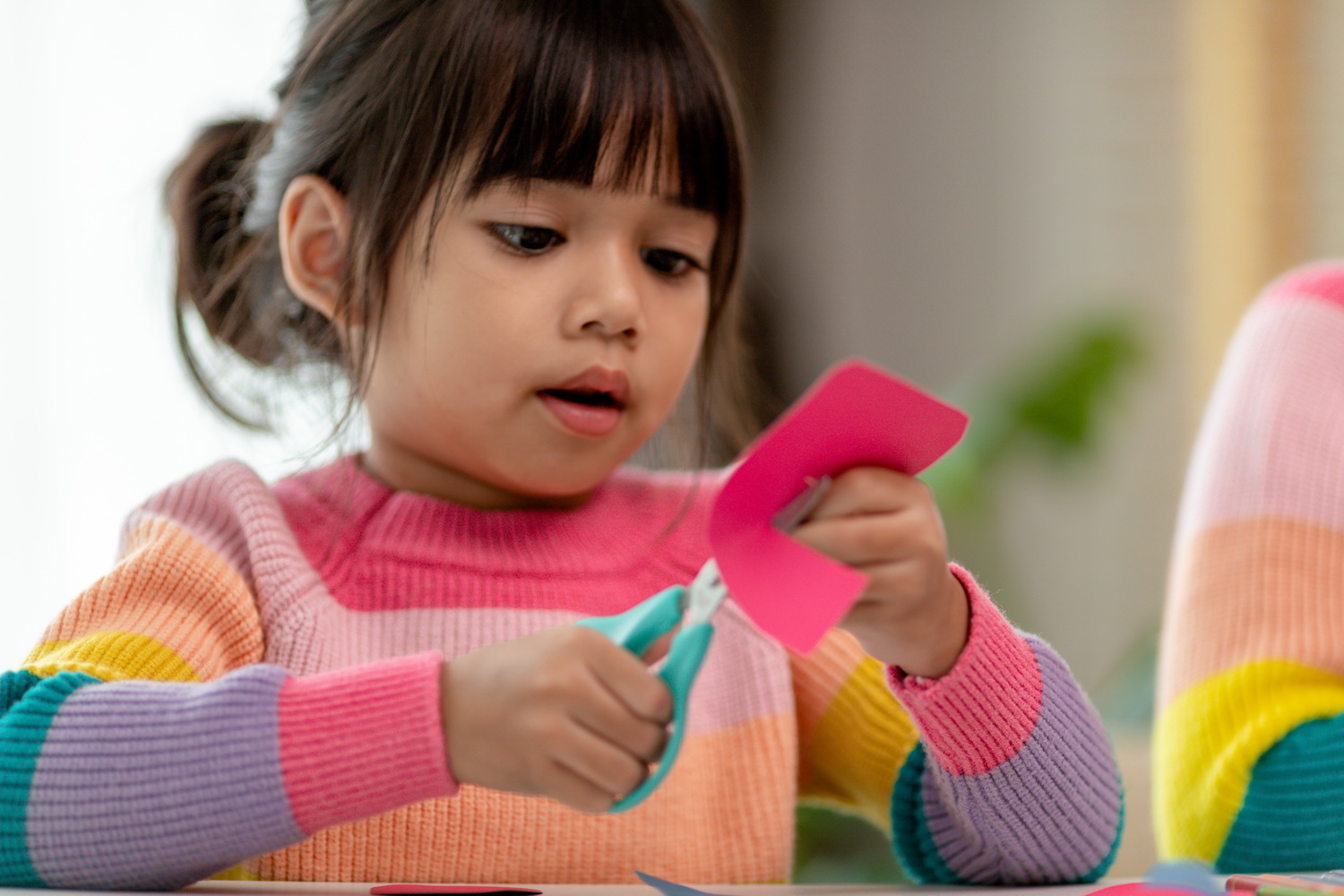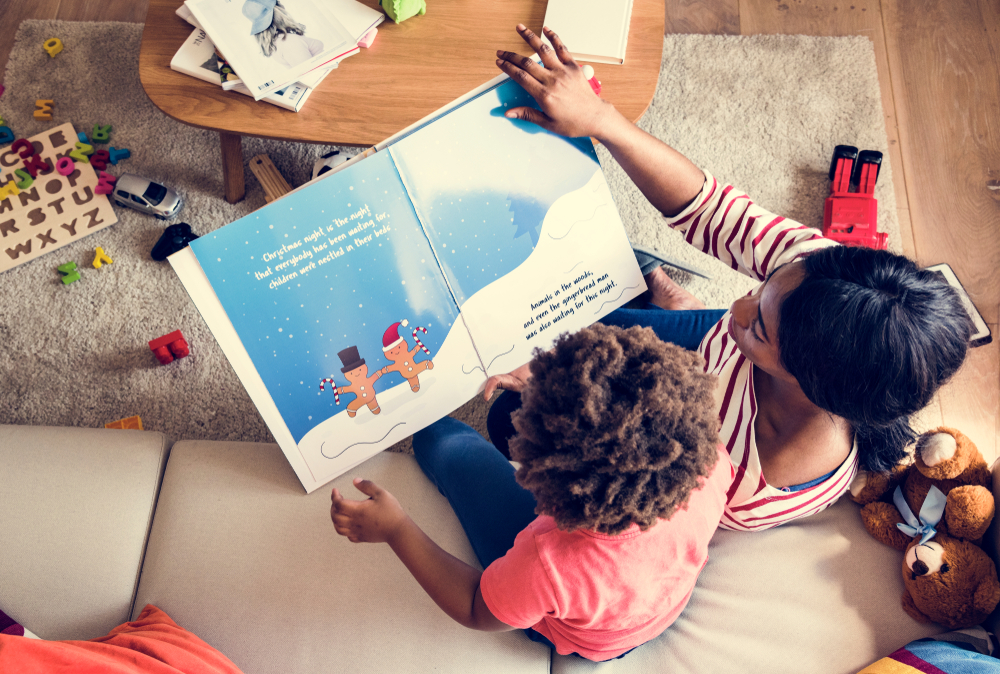Alphabetical order understanding Worksheets for 3-Year-Olds
6 filtered results
-
From - To
Explore our engaging "Alphabetical Order Understanding Worksheets for 3-Year-Olds," designed to introduce young learners to the fun of organizing words and letters! These worksheets feature colorful visuals and age-appropriate activities that promote early literacy skills. Children will practice identifying and sequencing letters and simple words, fostering critical thinking and cognitive development. Perfect for home or classroom use, these resources encourage kids to recognize the alphabet and its order in an interactive way. Help your little ones build a strong foundation for future learning with our thoughtfully crafted worksheets, ensuring their learning journey is both effective and enjoyable!
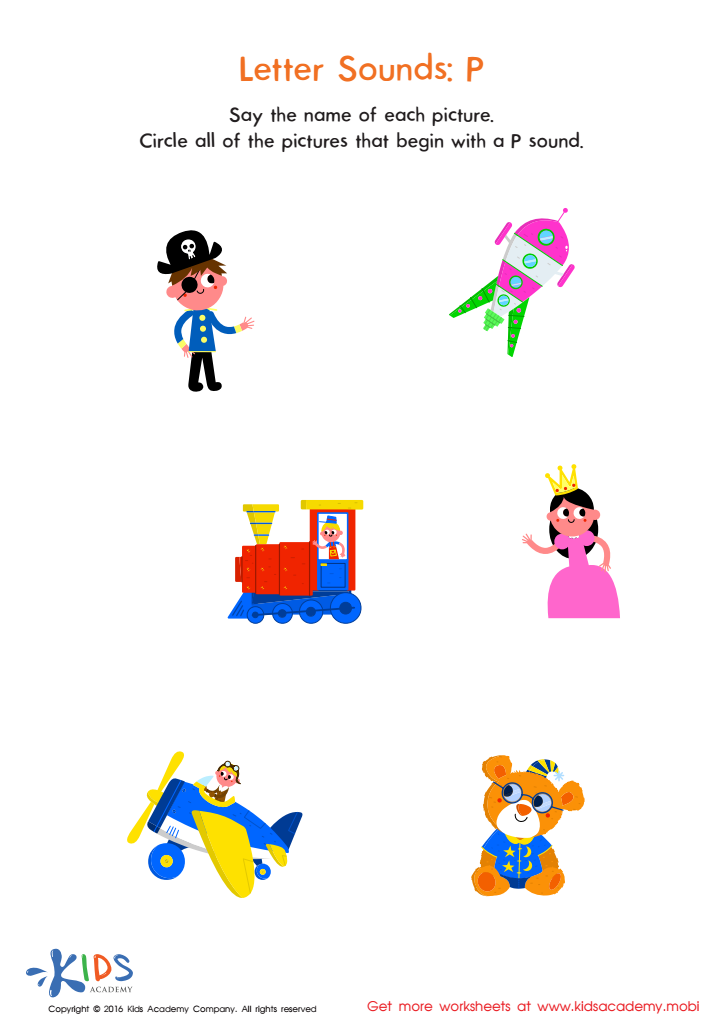

Letter P Sound Worksheet
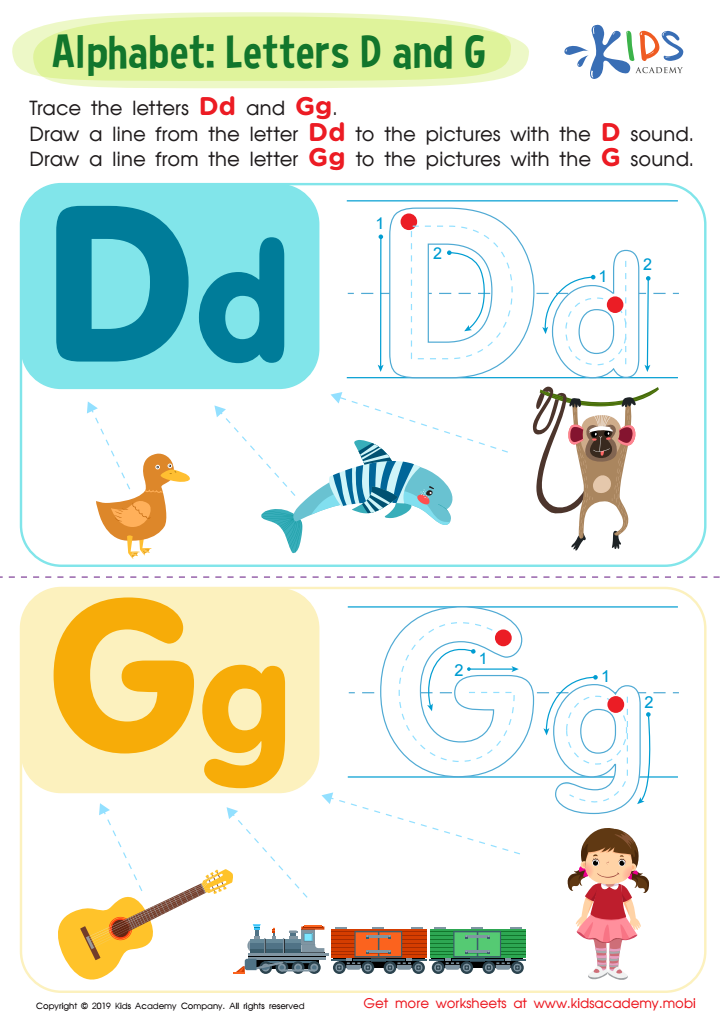

Letter D and G Tracing Worksheet
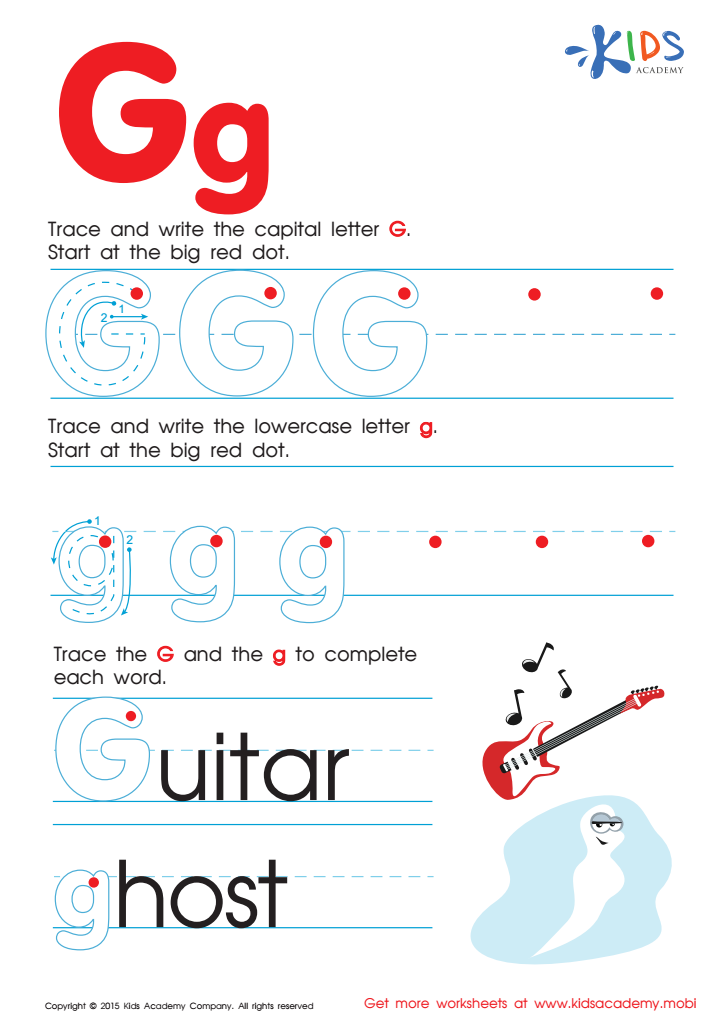

Letter G Tracing Page
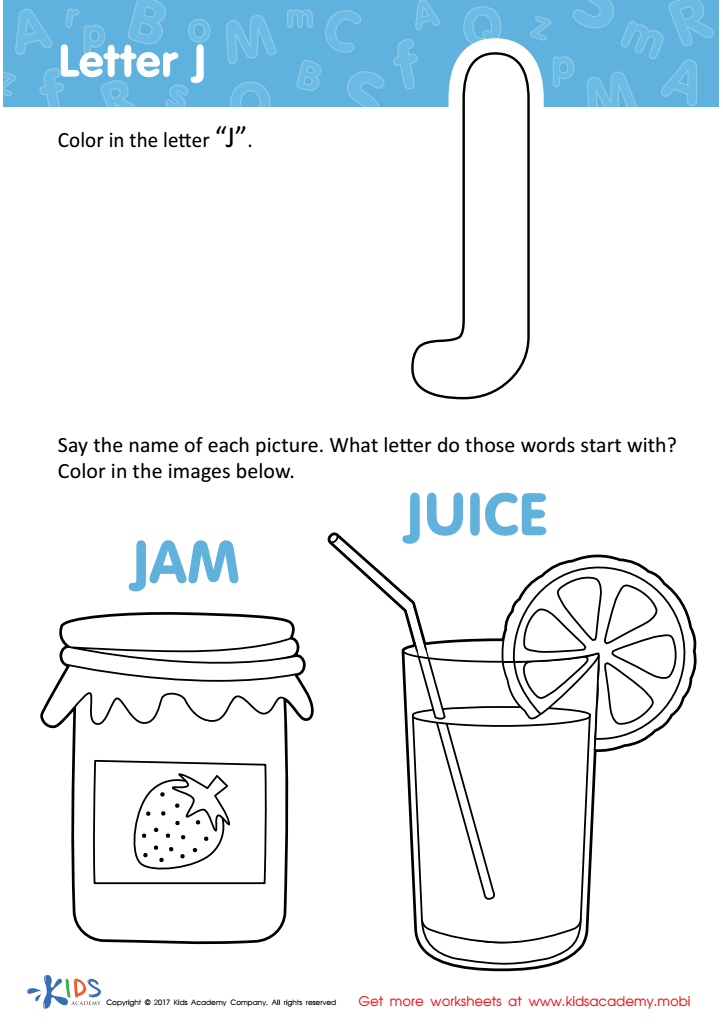

Letter J Coloring Sheet
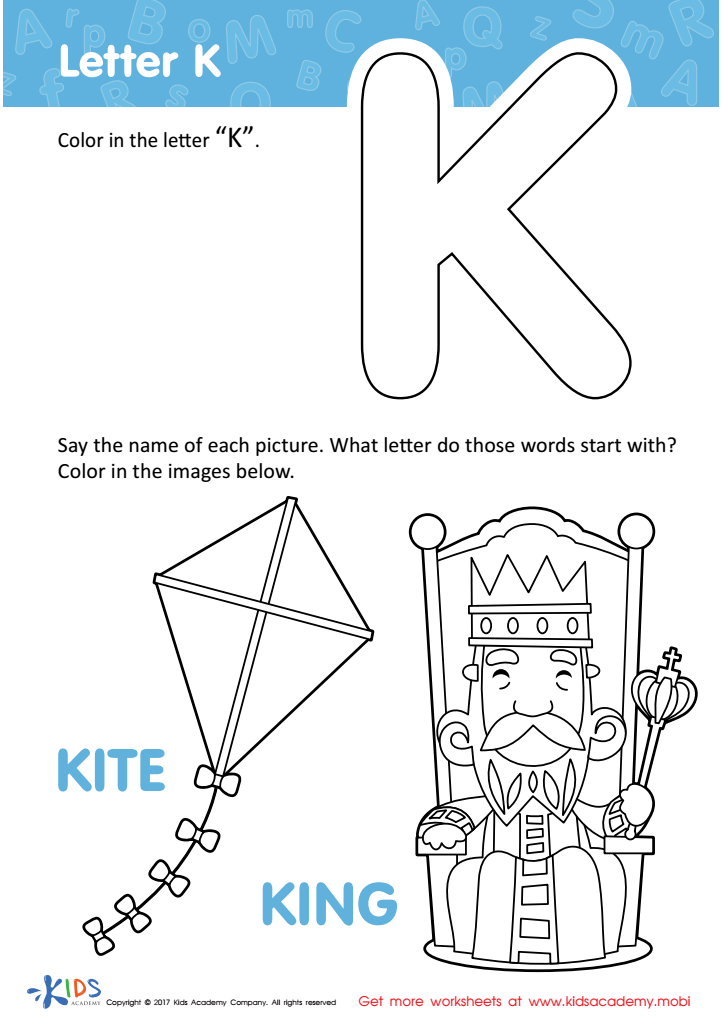

Letter K Coloring Sheet
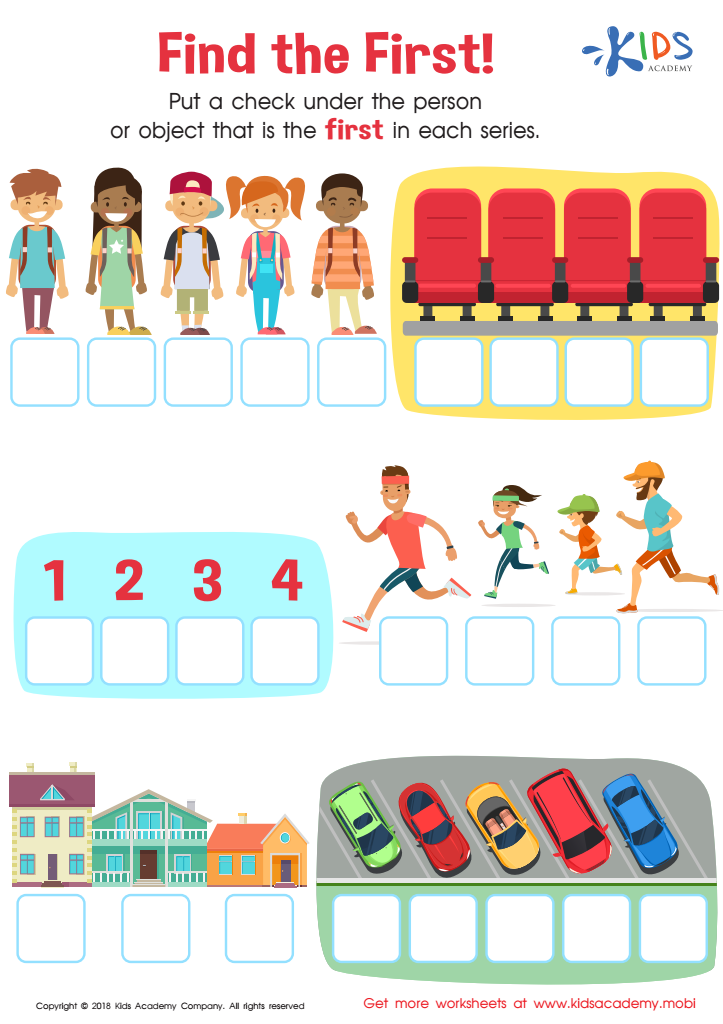

Find the First! Worksheet
Understanding alphabetical order is essential for 3-year-olds as it lays the foundation for literacy skills and cognitive development. Firstly, recognizing that letters have a specific order helps children grasp the structure of language. This understanding is crucial for future reading and writing skills, as they learn the significance of letters and their arrangement.
Additionally, familiarizing young learners with the concept of alphabetical order enhances their vocabulary. When children begin to associate letters with corresponding words, it encourages them to expand their language skills and improves their ability to communicate effectively. It promotes critical thinking as children learn to categorize and arrange words, fostering an early appreciation for organization and patterns.
Moreover, embedding alphabetical order in playful activities, such as singing the alphabet song or organizing toys and books, breeds excitement around learning. It transforms a potentially abstract concept into a fun experience, promoting a lifelong love for learning.
Parents and teachers play a vital role in nurturing these skills. By introducing children to alphabetical order through engaging activities, they cultivate interest and understanding, essential for future academic success. Ultimately, this foundational skill not only supports literacy development but also instills confidence in young learners as they embark on their educational journey.
 Assign to My Students
Assign to My Students







